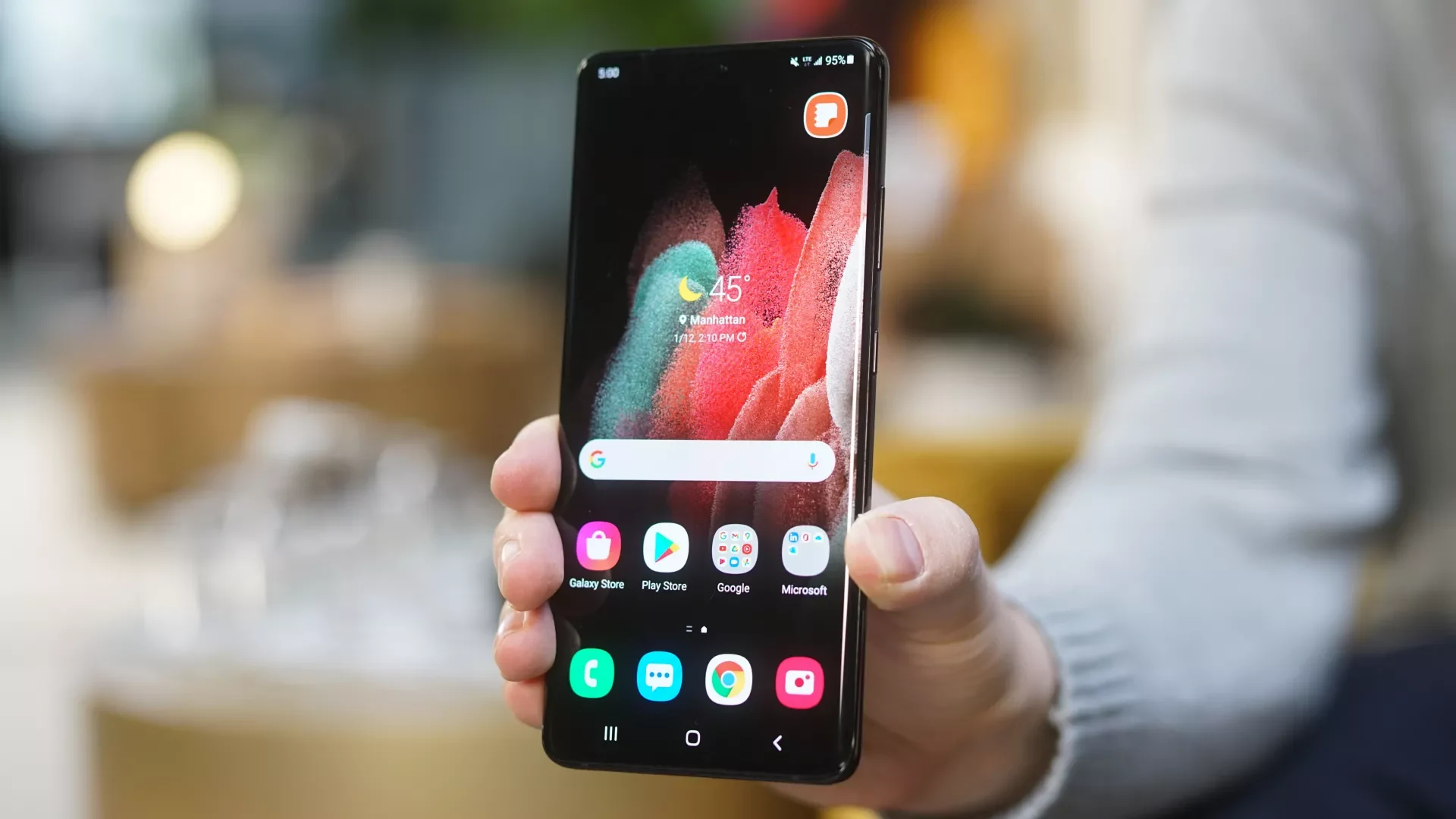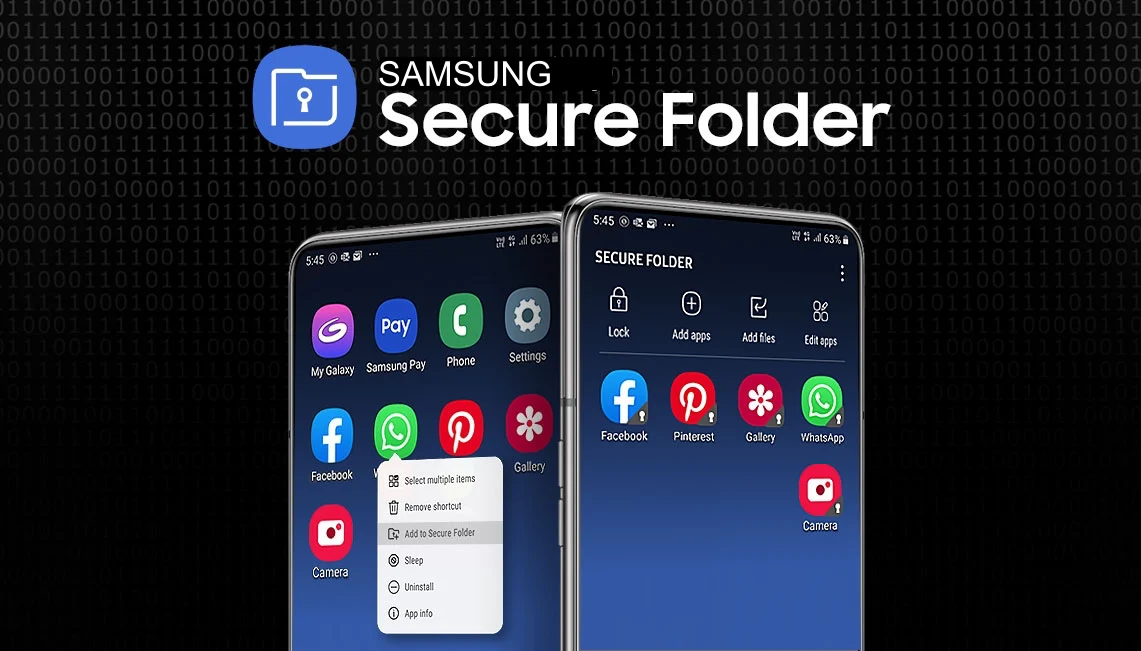Android 14
Android 14 to make passkeys more accessible to users

Better built-in pass key support for Android applications is on the horizon. Credential Manager, a new Android-specific API for storing credentials, including username and password combinations and passkeys, will be live on November 1st, as Google revealed last week in a developer blog post. In Android phones, credential manager units federated identity login, conventional passwords, and biometric authentication of passkeys under one roof. It has been in development preview for months.
What are passkeys?
Using your device’s built-in authentication mechanisms, passkeys can take the place of conventional passwords. In this manner, all it takes to log into Gmail, PayPal, or iCloud is to enable Face ID on your iPhone, the fingerprint sensor on your Android phone, or Windows Hello on your computer. Passkeys are a relatively new technology, and the contexts in which they are supported are continually changing. Passkeys are exclusively stored locally by Chrome on Windows and macOS as of August 2023.
Credential Manager passkey support is available for Android applications. Passwords, identity federation, and passkeys are supported by the credential manager. Android 9 (API level 28) and later devices enable passkeys. Android 4.4 and later versions enable Google Sign-in and passwords. With Android 14, this modification ought to enable apps to provide enhanced authentication functionality.
Apps may ensure users have simple access using passkeys by utilizing Credential Manager. For a more seamless experience when utilizing Password as the default password manager rather than Google Password Manager, third-party password managers like that one will also be able to utilize the API. Developers will just need to utilize the Credential Manager to authenticate users going forward, since Google announced last week in another blog post that it is deprecating several authentication APIs. With any luck, this will simplify things considerably and increase the likelihood that third-party applications will utilize it, as Uber and WhatsApp have already done.
Android 14
Galaxy S22 started receiving One UI 6.1 update with Galaxy AI features

Last month, Samsung officially confirmed the One UI 6.1 update for the 2022 models. Now, keeping its promise, the company has started rolling out the major update for the Galaxy S22 series.
The Android 14-based One UI 6.1 update for the Galaxy S22 series is live in South Korea. Users who own the Galaxy S22, Galaxy S22+, and Galaxy S22 Ultra can identify the latest update by the firmware version numbers S901NKSU3EXDC, S906NKSU3EXDC, and S908NKSU3EXDC, respectively.

Samsung has released several Galaxy AI features with the One UI 6.1 update that will help you provide a better communication experience and take advantage of the ability to quickly understand information.
For your information, the Galaxy S22 series device will get the benefit of all the important Galaxy AI features, including Circle to Search, Live Translate, Generative Edit, Note Assist, Transcript Script, Chat Assist, and many more.
Apart from the Galaxy AI feature, the device will also get some important additions on the customization side, where users will get several new changes related to wallpaper, lock screen, alarm, calendar, and many more.
To check the latest update on your device, navigate to the settings, then select the software update option here. Tap on the download and install option. Wait until it finishes searching to see if the update is available, then tap on the install button.
Android 14
Galaxy XCover5 camera breaks after Android 14 and One UI 6.0 update

Samsung Galaxy XCover 5 is one of the rugged smartphones that is dedicatedly made for using it in any weather condition. It is worth noticing that the company hasn’t limited it to giving tough hardware but also keeps it up to date with its fresh software. In the last major update, Android 14, it has grabbed some new features, and unfortunately, it has also got an issue with the camera, which is causing inconvenience to the users.
Galaxy XCover5 getting a camera issue after Android 14
The Galaxy XCover 5 has received Android 14 and One UI 6.0, and after installing them, users have started reporting about the camera issue. In the reports, the consumers have pointed out that they are not able to use the camera focus like before. Since the camera is the most frequently used feature of the smartphone, its malfunction is significantly affecting the overall performance of the devices.
Due to the malfunctioning of the autofocus, users are also having difficulty making payments due to the autofocus malfunction. When they open the QR code scanner, they are unable to do so because the camera is not focusing on the code.
However, the Korean giant hasn’t yet released a statement regarding the issue’s resolution, despite the fact that the issue surfaced after the last update, suggesting a software update-related problem. Hopefully, Samsung could release a proper update that will update it to the latest version.
Android 14
Google Get Inspired By Samsung; As It Copies Secure Folder Feature Housed In Galaxy Phones

Is Google following Samsung? With the Android 14 QPR3 Beta 2.1, it offers a new option for private space, which Samsung already offers with the title Secure Folder.
Google released Android 14 QPR2 Beta 1 in November 2023, which introduced a feature called ‘Private Space’ already housed in Samsung devices as Secure Folder. Since reports have been around for several days that the latest iteration of Android 15 will be dedicated to more security and will bring tons of new features to enhance users’ secure experiences, one of the awaiting features is Private Space.
The upcoming Private Space feature will allow the user to install the application in a separate, locked profile, which they can hide at any time. Although this feature has been in the development phase for a long time, it has not yet gone live. Let’s take a closer look.

The new feature named ‘Lock private space automatically’ will allow users to configure the feature to automatically lock the protected space depending on one of the two sub-options they select in it, which are ‘Every time device lock’ and ‘After 5 minutes of inactivity.’ While choosing the first, the feature will lock Privact Space instantly after they lock the device.
But here’s the catchable fact: Secure Folder, available on Galaxy devices, already offers this feature, so somewhere it seems like Google got inspired by Samsung.

The reports are also saying that when users set up Private Space, the feature now recommends them to create a dedicated Google account for using it to’stop data appearing outside private space; for instance, ‘Synced photos, files, emails, contacts, calendar events, and other data,’ and many more. This suggestion and the option to automatically lock the protected space further enhance the privacy and security of private space.
Upcoming Private Space will offer a redesign setup flow to deliver a better idea of the feature. Since this feature initially appeared in Android 14 QPR2 Beta 1 and then Android 14 QPR3 Beta 2.1, it is expected that Android 15 will bring this feature to enhance the secure experience.












